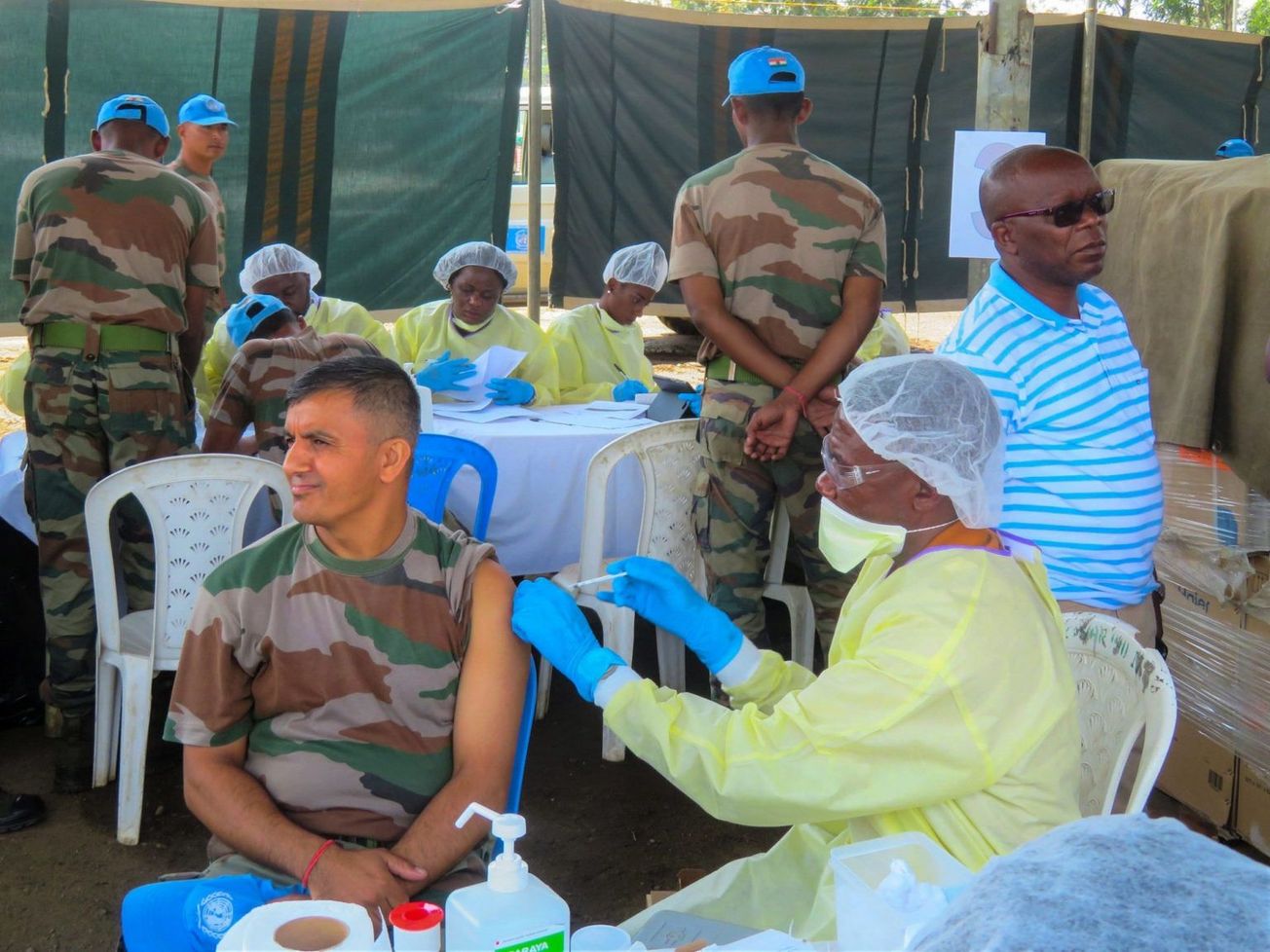GENEVA (AN) — A public–private global health partnership announced on Thursday it will invest US$178 million to establish an emergency stockpile of 500,000 Ebola vaccine doses worldwide in an effort to prevent future outbreaks of the devastating disease.
Gavi, the Vaccine Alliance, said the global emergency stockpile will be available to countries for outbreak response and prevention through its new Ebola vaccine program between now and 2025. Nations with low to modest incomes can receive vaccines free of charge, but wealthier ones must pay.







